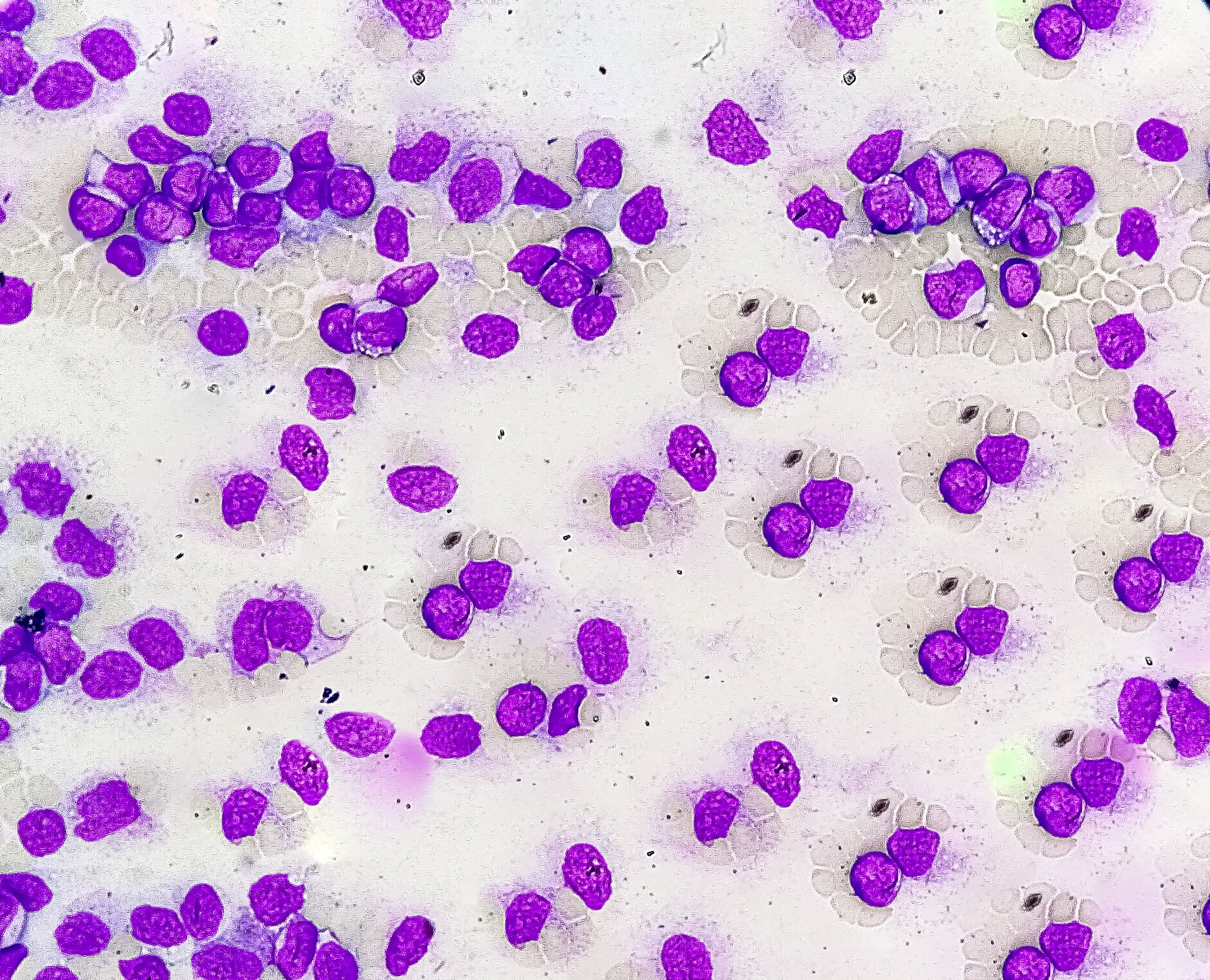The kidneys and the heart form a finely tuned construct. If the balance gets out of sync, this has an effect on both organs. The SGLT2 inhibitors originally developed for diabetes therapy have recently shown that they are more than just blood glucose reducers. Especially the cardiological and nephrological effects were increasingly in the focus of science – with success.
The assumption that the heart is merely a simple preglomerular muscle has now been adequately disproved. In addition, great attention is paid to the heart. If only because a cardiac output of only 15% represents a significant limitation. In the kidney, the situation is different, as Jan Bruegger, MD, Zurich, confirms. A decreased renal output of 15% is not necessarily symptomatic. Accordingly, screening has so far focused on cardiovascular diseases, hypertension or diabetes. However, the interplay between chronic kidney disease (CKD) and cardiovascular disease has now been recognized. It is therefore essential that cardiologists not only look at the heart, but also keep an eye on the kidneys. This is because cardiologists see CKD patients much earlier than nephrologists, the expert emphasized.
In fact, CKD is significantly underdiagnosed: 59.3% of cases are unknown. Stage 3 renal failure is even not diagnosed in time in almost 90% of cases. This is mainly because too little screening is done and patients are oligosymptomatic. Early therapeutic intervention is indicated to delay renal failure as long as possible. It should not be ignored that the risk of mortality is increased by 25% in a patient after myocardial infarction. If stage 3a CKD is added, the risk increases by 191%. Accordingly, renal insufficiency is a serious factor in cardiology as well, Bruegger said.
Effective therapy urgently needed
However, to date, nephrologists have only a limited armamentarium at their disposal. Therefore, screening should mainly cover the areas where therapeutic measures can be implemented. These include hypertension, diabetes and cardiovascular disease. Since the kidneys are damaged mainly on the basis of diabetes (42%) or hypertension (18%), effective treatment of these underlying diseases is already goal-directed.
Studies have shown that SGLT2 inhibitors – originally developed for the treatment of diabetes – may also be beneficial with respect to nephrological endpoints. In a study of 17160 type 2 diabetic patients, administration of dapagliflozin 10 mg daily achieved a relative risk reduction of 47% with respect to the exploratory renal endpoint. This was followed by a study that investigated the risk of renal and cardiovascular events in patients with or without type 2 diabetes compared with placebo. Over 4000 patients were randomized. They all received therapy with ACEi or ARB plus 10 mg daily of the SGLT2 inhibitor. The primary end point was a composite of a sustained decline in estimated GFR of at least 50%, end-stage renal disease, or death from renal or cardiovascular causes. Over a median of 2.4 years, a primary outcome event occurred in 197 of 2152 participants (9.2%) in the dapagliflozin group and in 312 of 2152 participants (14.5%) in the placebo group. Ultimately, the relative risk for the primary endpoint was reduced by 39%. Excitingly, diabetes status was irrelevant to the positive benefit of treatment, the expert noted. Both diabetics and patients without diabetes benefited equally.
SGLT2 inhibitors for heart and kidneys
The positive effects on the kidneys, could also be observed with other SGLT2 inhibitors such as empagliflozin or canagliflozin. They also showed significantly slower progression of kidney disease, reported PD Simon Stämpfli, MD, Lucerne. But the preparations also have a positive effect on the heart. Even patients who have not yet experienced heart failure benefit from the new class of agents. Stämpfli summarized that SGLT2 inhibitors reduce the risk of patients with type 2 diabetes with regard to heart failure. Similarly, they reduce the risk of mortality in HFrEF patients. Last but not least, they exhibit a protective effect on kidney function. Therefore, the actual diabetes medications may also be therapeutic agents for heart failure and in nephrology.
Congress: FomF Update Refresher
CARDIOVASC 2022; 21(1): 23











